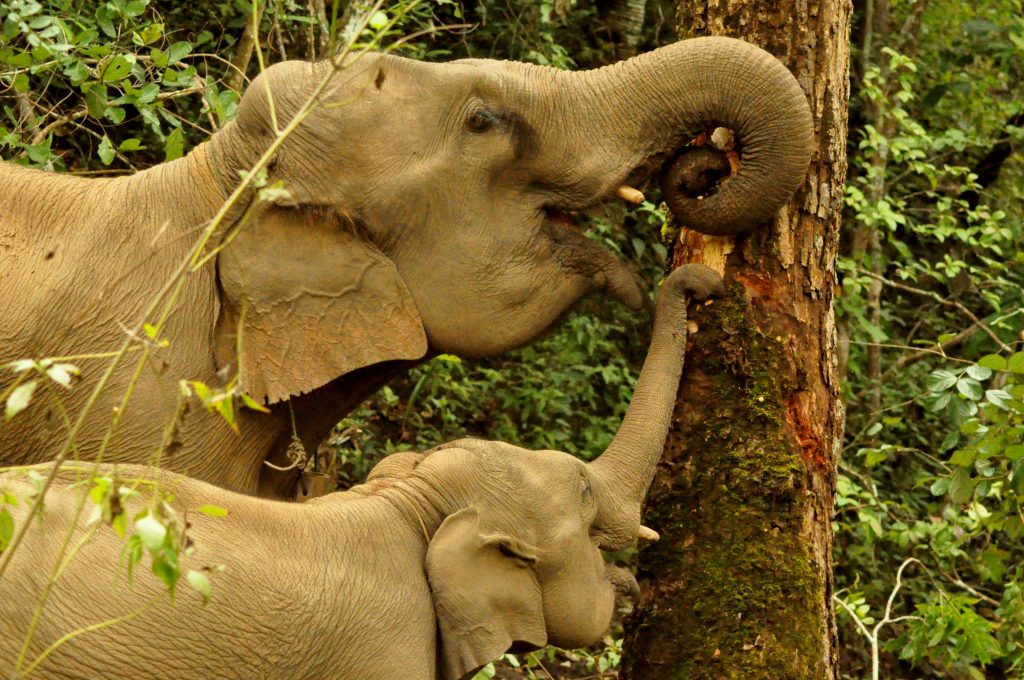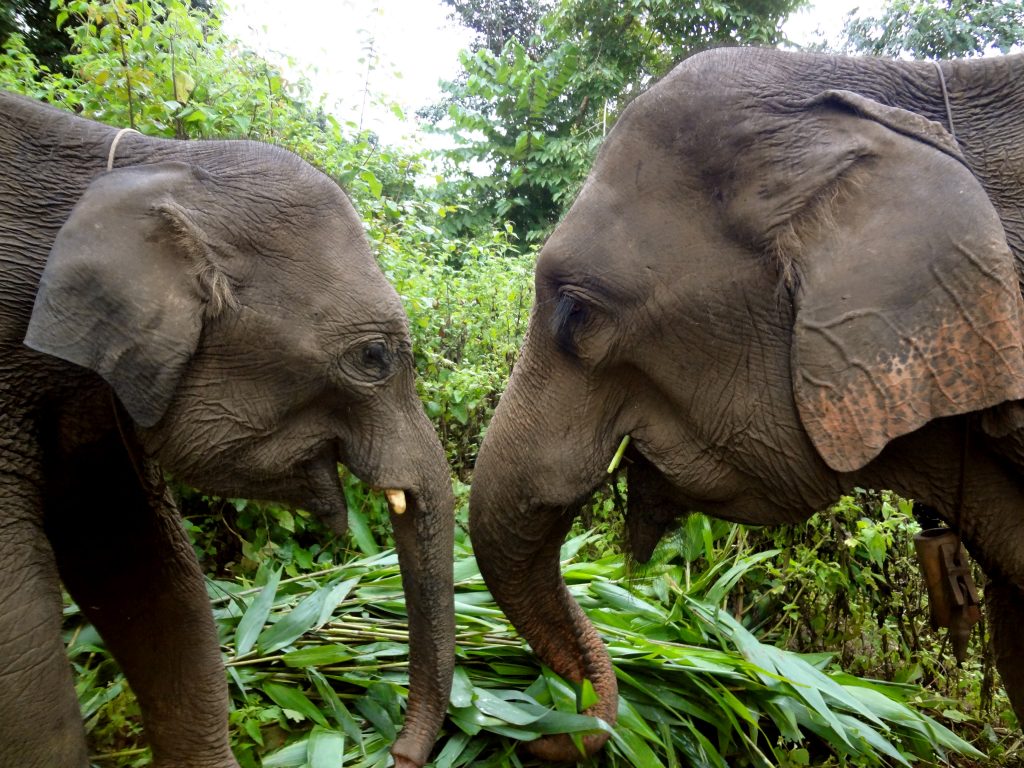World Elephant Day
August 12th marks World Elephant Day, celebrated around the globe as a day to spread awareness about the plight of elephants. Despite being respected and revered, the reality is elephants face numerous challenges including poaching, habitat loss, exploitation, abuse, and proximity to human conflict and poverty. We as travelers can help to change this future by participating in ethical elephant conservation programs.
Sadly, elephant numbers have dropped by 62% over the last decade and could be extinct by the end of the next decade. An estimated 100 African elephants alone are killed each day by poachers seeking ivory, meat and body parts, leaving a mere 400,000 remaining. In Asia, more than 100,000 elephants may have existed at the start of the century, but numbers have fallen by at least 50% in the last three generations and continue to decline today.

Here are some things to look for when searching for an ethical elephant program:
- An organization that does not offer elephant rides or elephant shows
- A program that provides a strong focus on rehabilitation and reintroduction to natural habitats
- A program that allows responsible interactions through daily care, allowing the elephants to just be elephants.
The Volunteer with Elephants in Thailand program offered by GVI enables travelers to head off to the Chiang Mai province to help elephants relieved from working in the tourist industry. Set in the stunning mountain forests of Northern Thailand, participants will spend part of each weekday in the field learning about elephant history, behavior, training, biology, social interactions and more. Leaving their tragic pasts behind, these gentle giants now live improved and more natural lives in Chiang Mai, an area famous for its traditional elephant keeping communities.

The contribution of travelers will help to keep these elephants in protected forests, continue the conservation of these beautiful animals and what remains of their fragmented forest habitats, as well as provide funding to keep the project running whilst offering alternative livelihoods to the local community. The goal of this project is to have semi-wild herds of elephants living, socializing, and foraging in their natural habitat, supervised by their mahouts around their local village.
Tourism is changing as we become savvier and increasingly aware of the impacts of traveling on the planet and wildlife. Tour companies are respecting this new found awareness by changing the way they deliver experiences to travelers. Intrepid Travel, for example, an adventure travel company that focuses on responsible tourism, began phasing out tours offering elephant rides around 2012 and after January 2014, removed any tours with elephant rides as part of their itineraries or add-ons.
Despite the horror stories that we hear in the news about some of the ill-effects of travel on the environment and wildlife, there is a way to travel in such a way to the contribute and do so in a responsible way. The onus, however, is on the traveler to do their careful research and to search out ethically run programs that provide a safe and happy home for their resident elephants.



